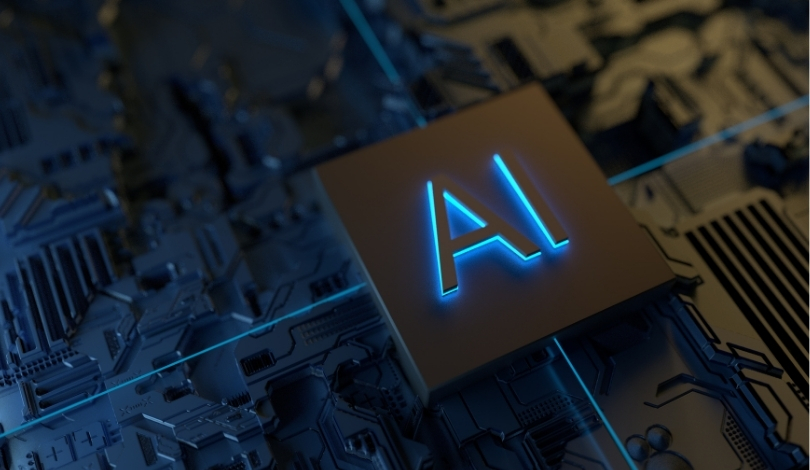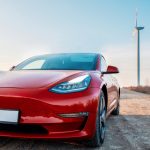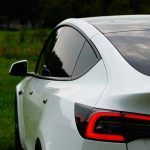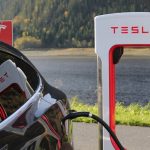Anticipation for Apple’s AI-driven iPhone 16 series has waned as the company announced that the smartphone’s artificial intelligence features are still in beta and may take considerable time to be globally available. Adding to Apple’s challenges, Huawei launched its Mate XT with more advanced AI functionalities, just hours after Apple’s event, highlighting a competitive edge in the rapidly evolving tech landscape.
In earlier news, Apple has been focusing on integrating AI into its devices and services, aiming to enhance user experience with features like message summarization and advanced notifications. However, the delayed rollout of these AI capabilities in the iPhone 16 has now put the company at a disadvantage, particularly in critical markets like China. Conversely, Huawei’s robust AI advancements and strategic launches have strengthened its position, especially after overcoming US sanctions that previously hindered its chip supply.
Apple’s AI Ambitions
The new suite of AI tools, collectively named Apple Intelligence, has been in development for some time. Apple promoted these technologies at its developer’s conference in June but clarified that the initial versions of the iPhone 16 wouldn’t include them. Analysts like Laura Martin have questioned Apple’s readiness for an AI-driven future, citing the company’s reliance on future updates.
With lots of words like ‘later this year’ and ‘early next year,’ the core Apple message for iPhone 16 was: Next year will be better.
Despite its branding and market influence, Apple’s AI features initially focus on simpler tasks such as summarizing notifications, which contrasts sharply with the more sophisticated capabilities offered by competitors.
Huawei’s Strategic Timing
Huawei introduced the Mate XT, boasting advanced AI functionalities and immediate availability, further pressuring Apple in the Chinese market. Huawei’s AI assistant offers not only text summarization but also translation and image editing, available from launch. This move by Huawei has created skepticism among Chinese consumers about the value of the iPhone 16, especially given its delayed AI features.
Further complicating Apple’s position, Huawei’s new Mate XT has surpassed four million pre-orders, regardless of a required deposit. This indicates strong consumer interest and confidence in Huawei’s technological advancements.
Apple’s challenge is compounded by an uncertain regulatory environment in China. The Chinese Ministry of Industry and Information Technology has approved numerous local language models for public use, none of which are foreign, raising questions about the future availability of Apple’s AI features in this crucial market.
The evolving landscape of China’s smartphone market poses significant challenges for Apple. The delay in rolling out AI features provides competitors like Huawei with an opportunity to capture market share and establish themselves as leaders in AI-powered smartphones. This makes it increasingly difficult for Apple to regain its footing in the region.










